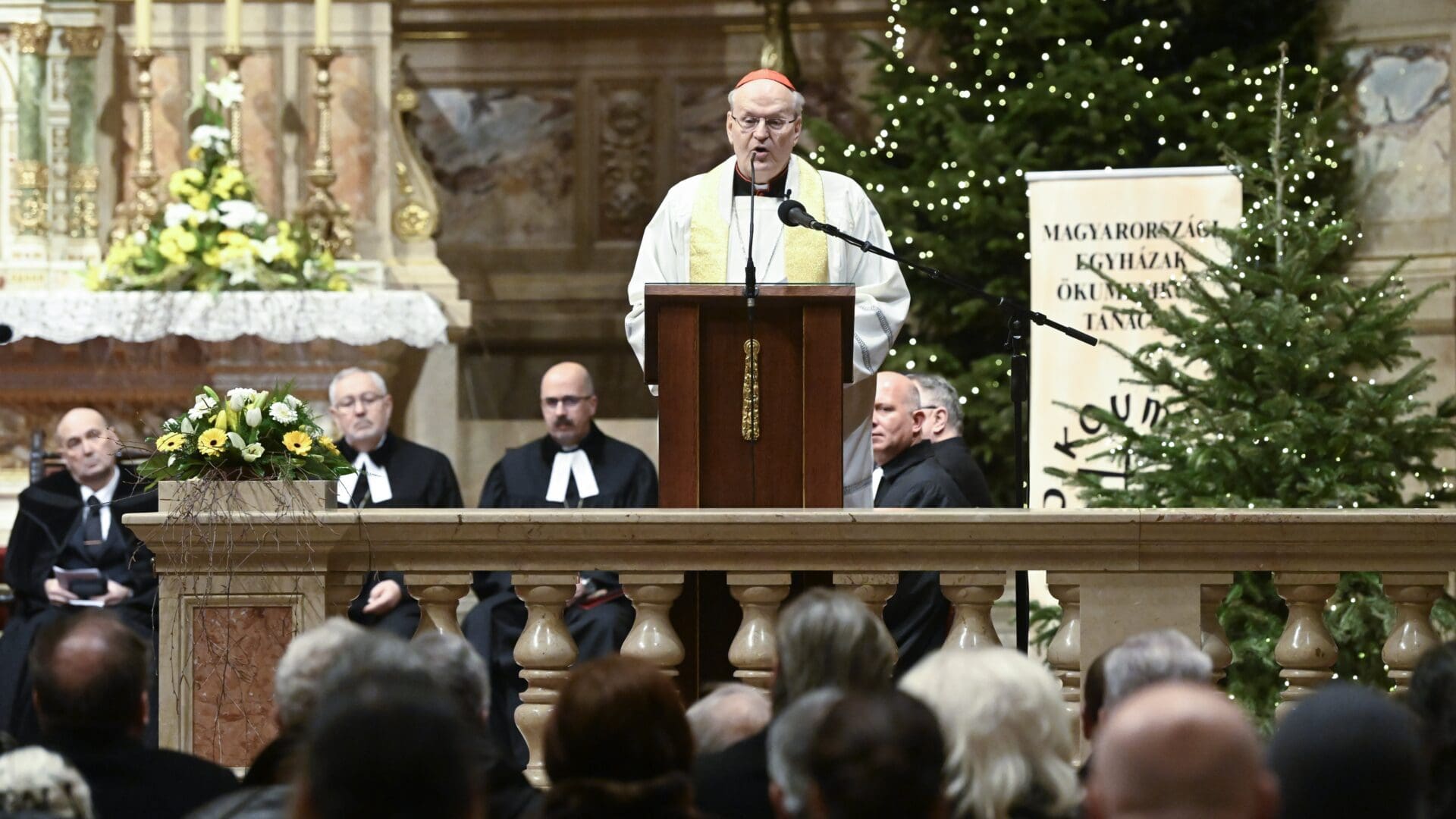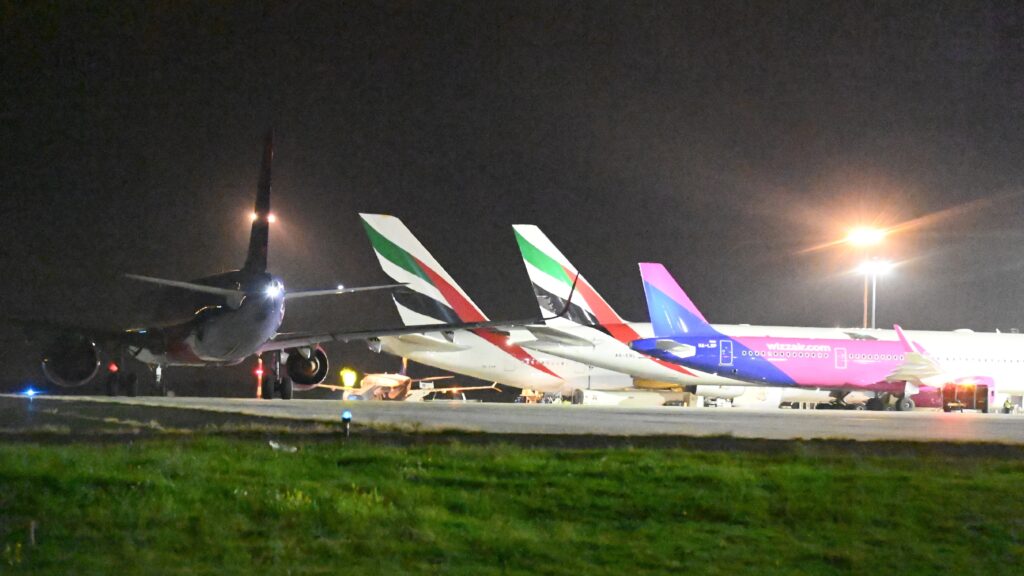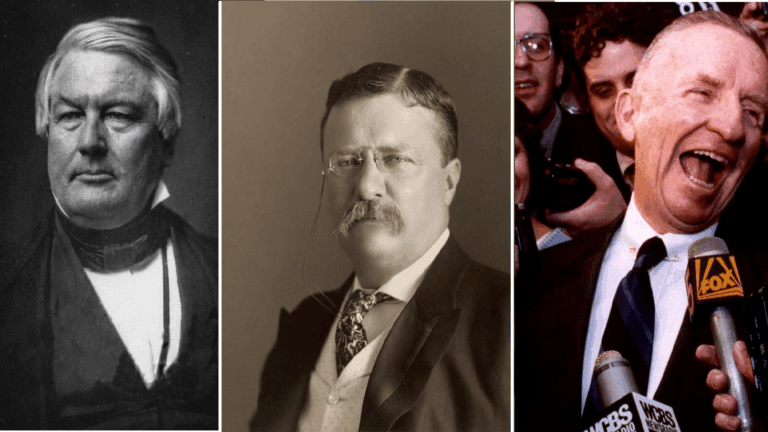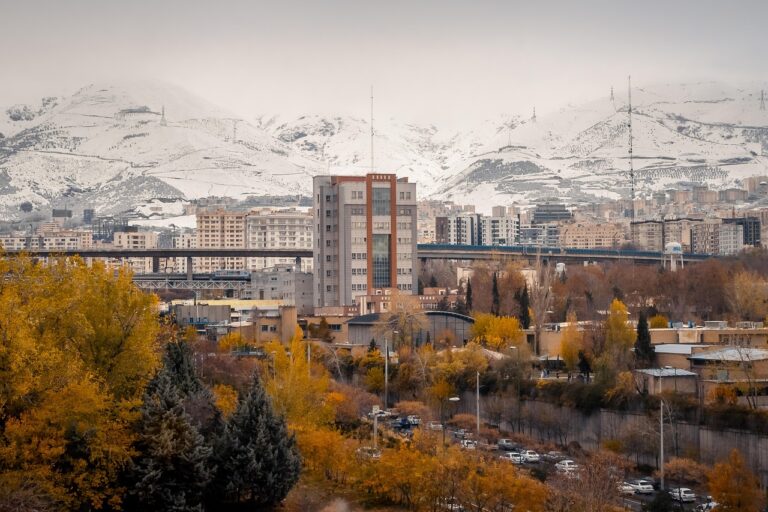The ecumenical Week of Prayer for Christian Unity began last Sunday, 21 January, with the central theme this year revolving around the dichotomy of unity and division, as well as love and animosity, as communicated by the Ecumenical Council of Churches in Hungary (ECCH), the organizing body of the event.
Throughout the week, congregations of various denominations will engage in ecumenical worship and prayers, all directed towards the unity of Christians. The national opening worship service of the week of prayer was held in Budapest at the St Stephen’s Basilica. The liturgy featured a sermon by Cardinal Péter Erdő, Archbishop of Esztergom-Budapest, and József Steinbach, Reformed Bishop and President of ECCH. Leaders of member churches of the ecumenical council also participated in the service.
It should be noted that the Hungarian Catholic Bishops’ Conference and the leadership of ECCH decided in 2017 that
the national opening worship service of the Week of Prayer should also be the day for praying for persecuted Christians.
On this Sunday, both Catholic parish communities and congregations of member churches affiliated with the Ecumenical Council have the opportunity to pray for persecuted Christians worldwide during the morning worship service. The biblical motto for this year’s ecumenical week of prayer is found in the Gospel of Luke (10:27):
‘Love the Lord your God with all your heart and with all your soul and with all your strength and with all your mind’; and, ‘Love your neighbour as yourself.’
The central gospel presentation highlights the opposing pairs of unity-division and love-hatred, with the importance of hospitality also stemming from the parable of the Good Samaritan. The material for this year’s event was prepared by the ecumenical council in Burkina Faso, Africa, with the final text created by members of the International Committee established by the Faith and Order Commission of the World Council of Churches and the Pontifical Council for Promoting Christian Unity at the Vatican. The ecumenical Week of Prayer, initiated in 1908, initially involved only Anglican and Catholic Church members and was first held at Graymoor in the United States. Since 1968, prayer booklets have been prepared for the event and sent worldwide for translation into local languages.
Addressing the congregation at the opening of the Week of Prayer, Cardinal Péter Erdő spoke about the importance of the ‘helping love’ that connects Christians but extends beyond them to encompass all humanity. Highlighting that Christians are united as disciples of Christ who recognize Jesus of Nazareth as the Messiah, Cardinal Erdő emphasized the obligation to follow His teachings. Explaining the parable of the Good Samaritan, the central gospel for the week, he stressed the message that
‘for the sake of God, we must turn to each other with helping love, and no one should be excluded from this love.’
Cardinal Erdő expressed joy that ‘our churches and charitable organizations,’ as well as Hungary in general provide assistance to people affected by hunger, war, natural disasters, or persecution, whether in the Middle East or Africa.
He also acknowledged that this assistance alone cannot solve the misery of entire regions, just as the aid of the Good Samaritan did not replace all the stolen possessions of the robbed man. However, ‘the first help given in a crisis moment and the comforting feeling of human love can give hope to those in need’. Quoting Saint Paul, Cardinal Erdő also spoke about the greater impact of helping love, as ‘through our mediation, gratitude is elicited from others towards God.’
In his sermon, József Steinbach pointed out that the question posed by the scribe at the beginning of the parable, ‘What shall I do to inherit eternal life?’ sheds light on the ‘basic condition of our lives’: that all our troubles, miseries, sins, conflicts, and wars stem from being separated from God and being mortal. ‘This is why in this world, we would like to achieve and experience everything here and now immediately,’ he said. However, eternal life is an ‘inheritance’ from God that we do not have to fight for ourselves; it is ‘ready,’ and we only need to accept it, he emphasized. Steinbach also noted that it is precisely from Jesus Christ, who not only told the parable of the Good Samaritan but became the Samaritan in the parable by going ‘to the utmost’ for us on the cross at Golgotha, that people receive eternal life. As authentic followers of Christ, our task is to ‘dare to be merciful’ in today’s merciless world, to take on the ‘merciful risk of Christ’s love,’ the Reformed Bishop underscored.
At the end of the worship service, participants collectively prayed for persecuted Christians. Since 2018, the opening day of the joint programme series of the Hungarian Catholic Bishops’ Conference and ECCH has also been designated as the Sunday for praying for persecuted Christians. The leaders of ECCH’s member churches participated in the liturgical service.
Read more:
Sources: Hungarian Conservative/ECCH/MTI








